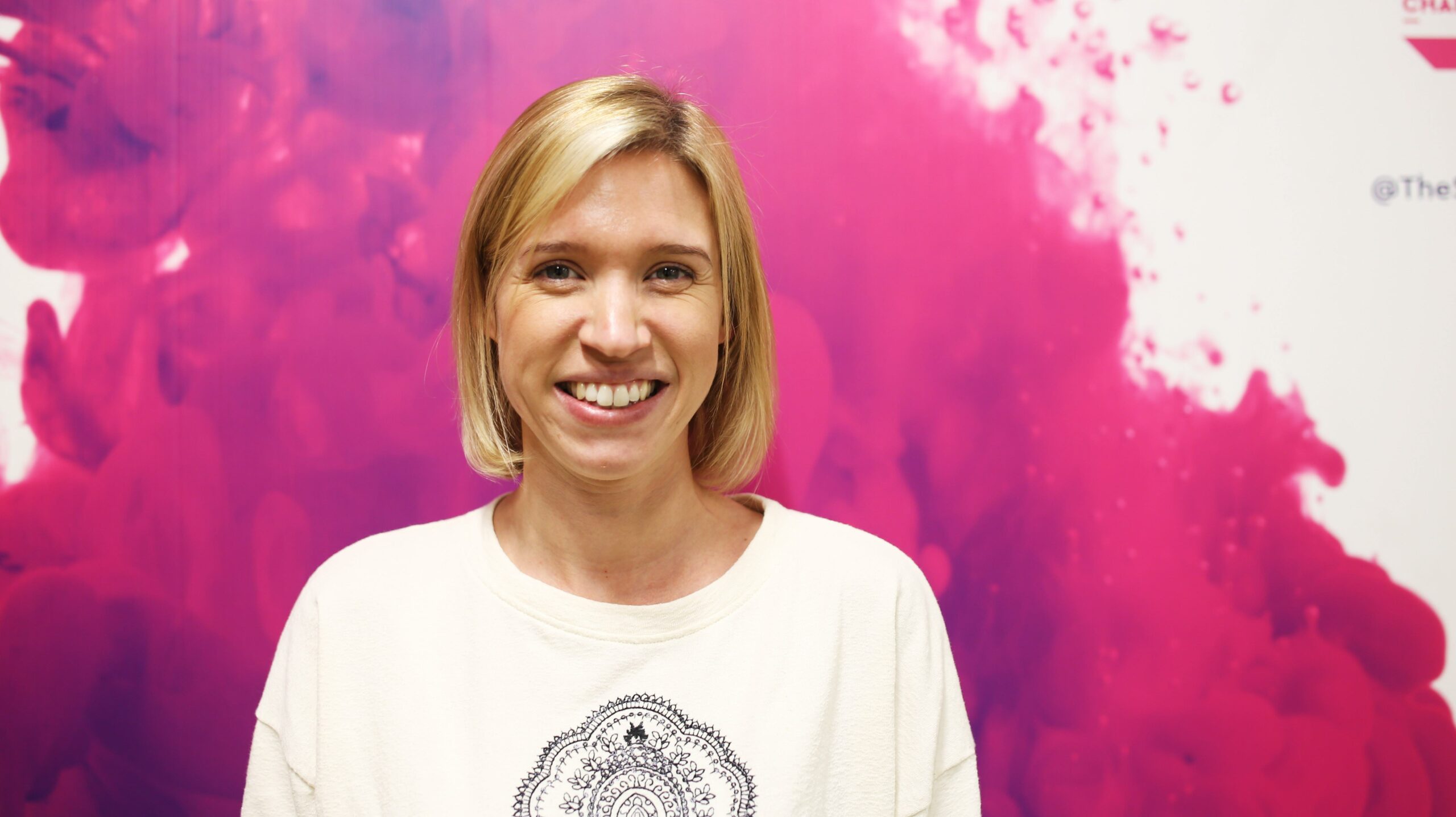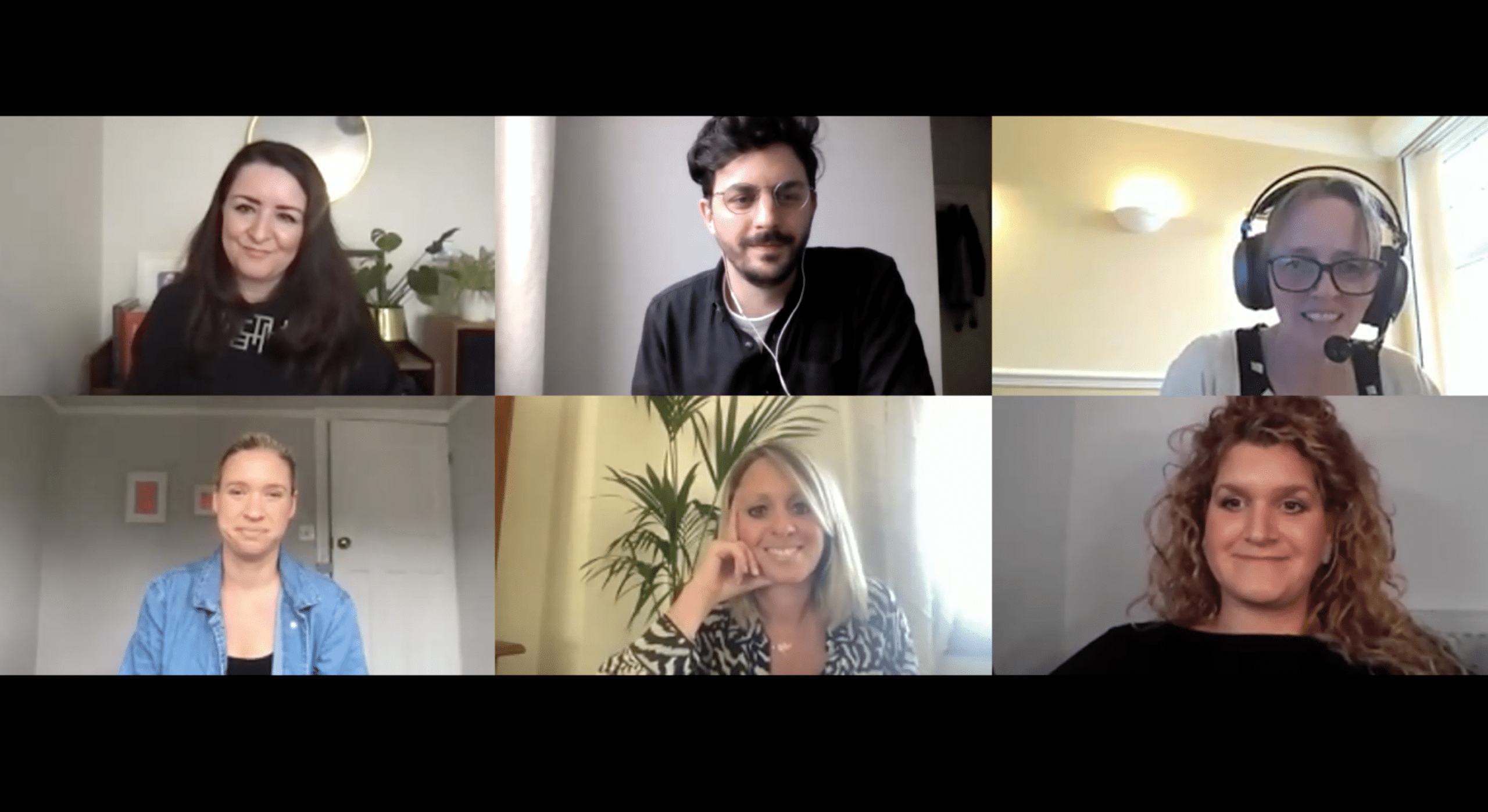Social Chain’s journey to international business
In 2019 Social Chain became a public listed company on the Düsseldorf stock exchange through a merger with Lumaland AG, to create The Social Chain AG.
The move saw Social Chain’s headquarters relocated to Berlin, while it retained its North West office and former headquarters.
The company’s MD Katy Leeson said despite now having locations across the world including its Berlin HQ, New York and Munich, the company is “Manchester born-and-bred, and very proud of it”.
On its US expansion, which began in 2017, Leeson said the company had “replicated the learnings from the success of our Manchester home”, with a good understanding and model of how it secured its UK notoriety.
Leeson said “instead of just acquiring an agency that does the same thing over in the US, we took some of the core team and the people that had been with Social Chain in the UK for quite a long time, and they moved over to the US to help create and craft the culture of the US team.”
That move has led to higher quality talent in the US, she said.
Leeson reports that this year the growth of the US office has been “huge” and has secured global accounts yet to be announced. But, she added, Manchester is still working with international brands including Coca-Cola and Apple Beats.
Growth has also been a result of finding staff in the North that have a good understanding of social content, she said.
Leeson points to LadBible and UniLad, alongside Social Chain ,as proof of that talent, and its skill for creating humorous, relatable social media content.
“Who’s better, and who’s more humorous than us Northerners”, she said.
IMA’s journey to international business
Similarly passionate about their agency’s roots is Nickii Gray, Chief Executive Partner at Intermarketing.
Founded in 1988, the creative agency is “Leeds born and bred” Gray said.
IMA’s transition to an integrated creative agency has happened largely in the past decade. It currently has around 250 staff globally, with its Leeds HQ accounting for around 200, which Gray calls the “mothership”.
In 2015 after an office expansion in Headingley, the company opened three offices in London, Amsterdam and Sydney.
Gray said the Sydney office was a move to make the agency ‘global’, and an opportunity with a “really clear gap in the market for an agency that was somewhere between the networks and the boutiques.”
Its next move was a client-led expansion in North America, in 2017 via its acquisition by Advantage Smollen, a move which Gray said was made to “overcome the obvious barriers to entry in the US”.
Its office in Soho, New York now has six global clients served in America, with plans to expand further.
“We certainly benefited from joining an existing infrastructure at that point”, she said , which was encapsulated by “a combination of reduced pressures on our business and increased confidence to give it a go”.
Last year Gray reported that its North American operations accounted for around 18% of turnover, and in 2021 expected to be in excess of 40%.
The agency also opened a second Northern office in Manchester in 2019, to access more Northern talent, “because we know people don’t line to cross the M62”, and most recently opened a new location in South Africa.
The offices give IMA access to a “wider and more diverse talent pool”, Gray said, without any disadvantages.
“We try to keep hold of our Northern honesty, but purposefully at the same time we made a step change to more of a ‘confident challenger’ agency with a point of view”.
“The biggest catalyst and vehicle for our international expansion has been based around clients,” she said.
Clockwise from top left: Dr Kirsty Fairclough, Alistair Hardaker (Chair), Caroline Monk, Sarah Novotny, Nickii Gray, Katy Leeson.
Is the US the most obvious move for Northern businesses?
Having both expanded into North America, Leeson and Gray were asked if it is the most obvious route for expansion.
Leeson said it was the right choice for Social Chain because it was an English speaking market, but also because of “where they were on their social media journey”.
She said the company could replicate a lot of its client services because it had a similar level of social media adoption to the UK.
For Gray, she said it was client demand which drew it to the US, and though it is still “finding its feet”, the agency is confident it is offering something different to its native agencies and networks.
Caroline Monk, Executive Partner at Beever and Struthers concurred that it was generally a customer-led or talent-led decision to expand into the US.
Monk works with MIDAS to communicate with businesses coming into Manchester from abroad, and works with the international association HLB for businesses looking to expand abroad.
How attractive is the North to international business?
The panel were asked to describe what it is about the North which both attracts new international business to the area, and keeps its standing even as firms go international.
Sarah Novotny is Head of Digital, Creative & Tech, Business Growth Hub, which has also partnered with Prolific North on the Global Reach project. She said the North is “a melting pot where digital and tech meets creative and it all mashes together so seamlessly in the North, in Manchester, Leeds as well as Newcastle.”
“Different sub-sectors are thriving at different rates,” Novotny said, adding that she predicts the area will see increased trends for sub-sector specialisms in different regions of the North.
Gray added that she has seen a move of talent out of London to the North, particularly at a senior level, accelerated by Covid, but Monk warned that it was too early to rely on long-term trends such as a Southern exodus, though she was hopeful that the trend would continue.
Skills and culture
The Global Reach report reveals that, of the sectors most represented by international business in the North, tech comes out on top.
Asked about the tech skills gap and its threat to further tech growth in the North, Novotny said that the gap was not a uniquely Northern problem.
She highlighted Northern groups including NorthCoders and Tech Returners, which are helping people to skill-up and reskill for tech industry jobs.
As well as skills, Novotny said culture was another important consideration for international expansion, and warned that the differences should not be overlooked.
She said that the notion that a company can simply take their operations into a new, often English-speaking country was a misconception she faces regularly.
“Let’s take our own business culture best practices and bring it into a new market such as the US, but be very mindful of that being a new market,” she advised, adding that it would be best to consider an international move as a ‘fresh start’ rather than a continuation.
Leeson said she had found similar insights after Social Chain’s US move. “It’s a very different way of doing business and a very different business culture.”
“Building a team from the North into the US, getting the culture piece right, and working on our employee brand in the US was the thing that has helped with our success.”
Social Chain has now begun to attract good US talent and as a result, she said, who bring a better understanding of “the nuances of how they work” which has helped with American growth.
Gray added that “the cultural differences are the opportunity”, and that for IMA the cultural differences have “created a gap to offer something that we can define ourselves with”.
Novotny agreed, adding that “the more the teams are diverse, the easier it seems to be to incorporate teams from elsewhere and different cultures.”
Digital-only expansion
Asked about the future of international expansion for digital and tech businesses who rely less on physical locations, Monk said global expansion without the need for new offices is an “opportunity to test the water”.
But, she added that “areas and jurisdictions will still want their share of the tax from profits earned somewhere, regardless of whether you have an office in that place or you’re trading across the internet.”
Leeson said that the strategy would not have worked for Social Chain. “You’ve got to have people on the ground to meet face-to-face”, she said. Social Chain’s growth likely would not have been so rapid if it was planned and run from its Manchester-base.
Gray agreed. She said that IMA had initially felt it didn’t need a London base to secure clients in the area, but on opening in the capital to compete with London agencies the business “was transformed”.
After a similar experience in New York, the company took the view that the approach for further expansion, in this case via acquisition, would require a new location.
Monk concluded: “It’s not competing with London, we’re making our stand in the world and that’s really exciting,”
“It’s great to hear from other firms who are very proud of their base and their geography,” she said.
“Global expansion, roll on!”














